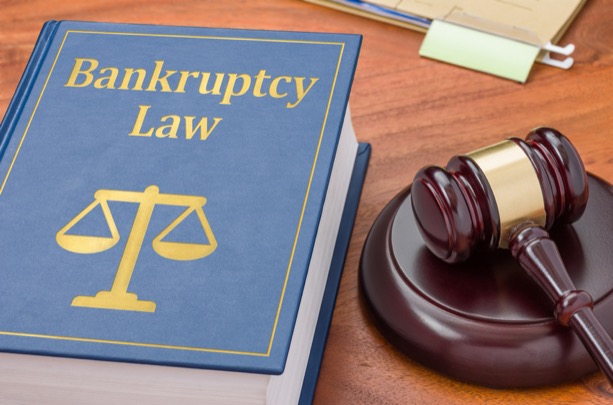Bankruptcy Timelines in Georgia

Chapter 7 Timeline
If you put off or defrauded your creditors by doing something unlawful to your assets in the year prior to filing for bankruptcy – for instance, transferring, hiding or destroying them – the court can deny you a Chapter 7 discharge.
You must reside in the state you file bankruptcy in for at least 90 days before you file.
If you pay back one or more of your creditors during the 90-day period before filing bankruptcy, the court will call it unlawful and the payments will be distributed to all of your creditors.
As soon as you file your petition, the court will file your Automatic Stay petition. This prohibits your creditors from continuing any form of collection or legal action against you.
The court will send you a notice of the case, complete with a list of every creditor in your petition.
The court will assign a bankruptcy trustee to your case. His/her job will be to monitor the case and verify that you are eligible for bankruptcy.
You must file all of your financial information with the court 15 days after your case is officially filed. These documents include lists of assets, liabilities, property, income and a statement of your affairs. An experienced attorney should do this for you.
Fifteen days after your case is filed, the court will send a notice to all of the creditors listed in your petition and to you. This notice will inform you of all the dates you will need to know.
Within 30 days of filing your case, or before the creditors meeting, you are required to file a Statement of Intention. In this document, you advise the court whether you intend to keep or surrender property.
If you plan to keep your property, you must indicate your plan to: (1) pay back your debts and continue making all of your payments on those debts; or (2) redeem the property by paying the fair market value for it.
You must serve a copy of your Statement of Intention to the bankruptcy trustee and your creditors at the time you file it with the court.
A meeting of your creditors will occur three to six weeks after you file. At least one week before this meeting, you must provide a copy of your most recent tax form.
You must be in attendance for this meeting as you will be asked to testify about the accuracy of your petition. If you do not attend your case will be dismissed.
Your bankruptcy trustee and creditors have 30 days after the meeting to make objections to your case.
Creditors have 60 days to object to anything on your petition.
Your creditor can dismiss your case during this period of time if he/she finds that you are abusing the Chapter 7 bankruptcy filing.
Government entities that have claims against you, have 180 days after the filing of your case to submit proofs of claim.
Chapter 13 Timeline
You are not eligible for Chapter 13 if you received a previous discharge under Chapter 7, 11 or 12 within the prior four-year period. If the prior case was a Chapter 13, you must wait two years before you are eligible for another Chapter 13 discharge.
Within the 180-day period before your bankruptcy, you must visit and receive a briefing from a certified credit counseling agency. The agency must explain financial management and alternatives to bankruptcy.
You must live in the state in which you file bankruptcy for at least 90 days before you file.
When you file your claim, the court will file your automatic stay petition. This makes it illegal for your creditors to continue any form of collection or legal action against you.
The court will send you a notice of the case, complete with a list of every creditor in your petition.
The court will assign a bankruptcy trustee to your case. His/her job will be to monitor the case and verify that you are eligible for bankruptcy.
A deadline of 15 days is set after you file for you to file your petition. Your petition will include all of the court documents stating your assets, income, expenses, liabilities and a statement of your affairs.
This deadline is also applied to the filing of the repayment plan.
Also, 15 days after your case is filed, the court will send a Notice of Commencement of Case to you and to all of the creditors listed in your petition. This will notify you of all the deadlines in your case.
In one month, you must make your first payment toward your repayment plan. The first payment is due 30 days after you file otherwise your case will be dismissed.
The court will hold the first meeting of the creditors. Your trustee will preside over the meeting and you must attend. If you do not attend, your case will be dismissed.
Everyone involved, trustee and creditors, have 30 days after the first meeting to make any objections to your petition.
All of your creditors (except for government entities) must file proofs of claim within 90 days after the first date set for your creditor meeting if they wish to share in the payments from your case.
180 days after the original file date government agencies must submit their proofs of claim.
Three to five years after the first payment, you will receive your formal discharge notice from the court. However, before you receive your discharge you must complete an approved financial management course.
Five years after your first payment you must complete all the payments in your payment plan.
At Clark & Washington, we make sure that your best interests are protected when you file for bankruptcy. Contact us today to schedule a complimentary bankruptcy consultation.



